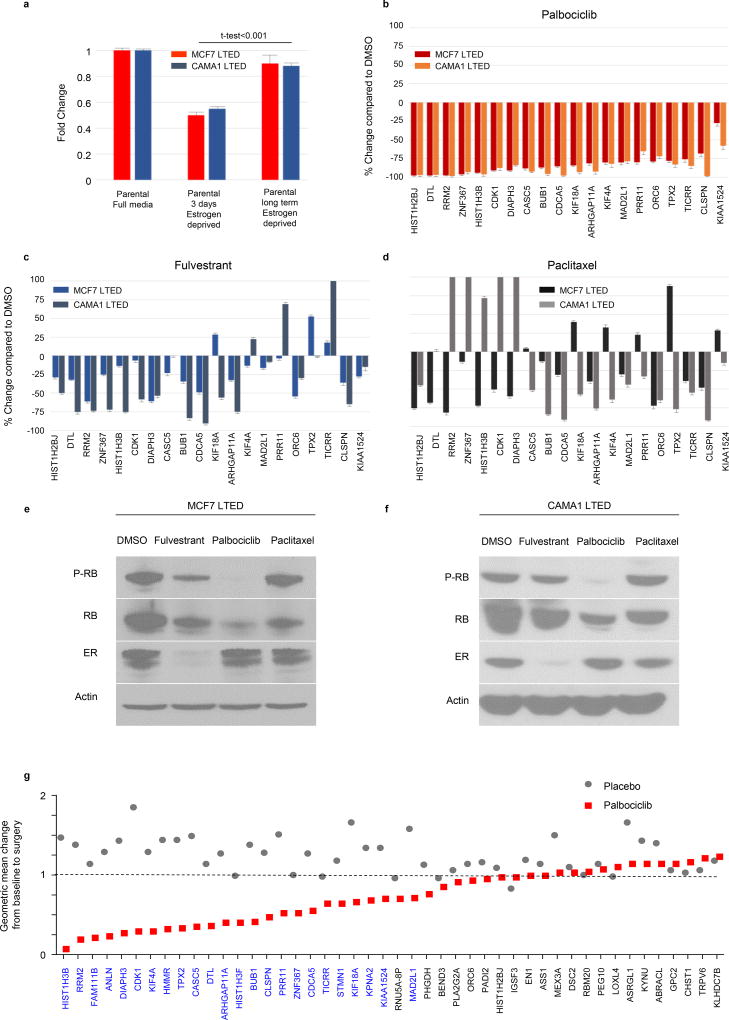Figure 4. An E2F4 transcriptional program is associated with estrogen-independent proliferation in letrozole-resistant tumors and is modulated by CDK4/6 inhibitors.
a) The expression levels of 20 E2F4-regulated genes overexpressed in non-responder tumors were assessed by RT-PCR in MCF7 and CAMA1 long term estrogen deprived (LTED) cells and normalized to their expression in MCF7 and CAMA1 parental cells, respectively. Data are presented as the 20 genes mean fold change +/− SEM. b) Expression levels of the same 20 genes were assessed by RT-PCR in MCF7/LTED and CAMA1/LTED cells after treatment with palbociclib 1 μM for 24 h. c) fulvestrant 1 µM for 24 h or d) paclitaxel 20 nM for 24 h. Data are presented as mean % change +/− SEM relative to treatment with DMSO of two independent replicates. e,f) Immunoblots of lysates from MCF7/LTED or f) CAMA1/LTED cells treated with DMSO, fulvestrant 1 μM, palbociclib 1 μM or paclitaxel 20 nM for 24 h. g) The geometric mean change, between baseline and surgery, for the top 47 genes associated with letrozole resistance in the study cohort, were assessed in tumor samples from 60 ER-positive/HER2-negative primary tumors treated with placebo or palbociclib for 15 days in the POP trial (NCT02008734); in blue text are genes predicted to be E2F4 targets.

